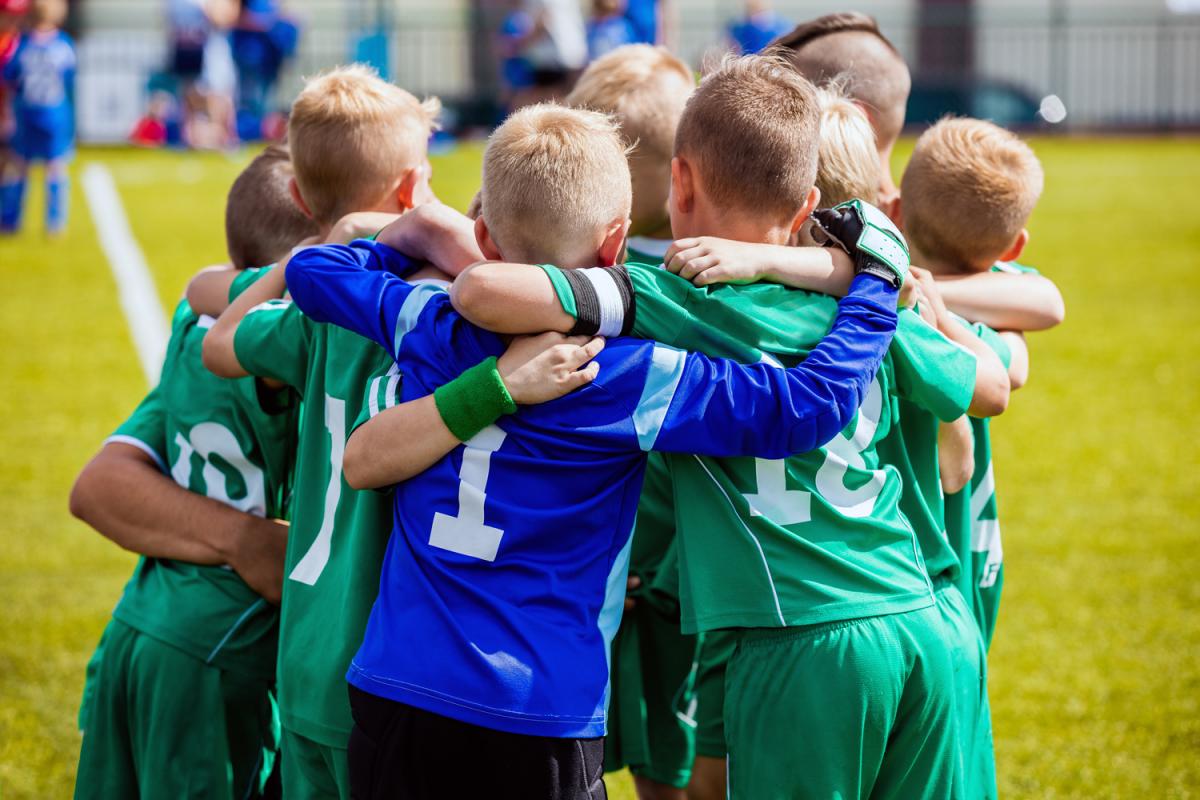Protecting your club: New approaches to building sports integrity capability
10 November 2020

On 13 February 2013, the then Commonwealth Sports and Home Affairs Ministers stood at a press conference with leaders from a number of National Sporting Organisations to announce the findings of Project Aperio – that organised crime was involved in the distribution of performance and image enhancing drugs within professional sport in Australia.
Quickly dubbed the “blackest day in Australian sport” and followed immediately by scandals that engulfed the Essendon and Cronulla clubs, this announcement squarely put the broad topic of sports integrity into the consciousness of the Australian public.
Later in 2013, the Victoria Police Sporting Integrity Intelligence Unit cracked an international match-fixing syndicate operating out of the suburbs of Melbourne. Nine arrests were made of players and the coach of the Southern Stars Football Club, a team in the Victorian Premier League. Reports at the time were that winning bets on Southern Stars matches totalled $2 million. Victoria’s Police Commissioner described it as the “biggest match-fixing scandal in Australian history”.
In the minds of many, doping and match-fixing continue today to be the most concerning areas of sports integrity that threaten Australian sport from grassroots to the elite. Each was considered in-depth in a comprehensive review of Australia’s sports integrity threat environment led by former NSW Supreme Court judge, Justice James Wood AO QC.
One of the key recommendations from the 2018 Wood Review was to establish a specialised sports integrity agency (Sport Integrity Australia) to “safeguard the integrity of sport”.
Established in July 2020, the remit of Sport Integrity Australia not only covers doping and match-fixing but also the creation of safe, fair and inclusive sporting environments through child safeguarding and the protection of other participants from bullying, harassment and discrimination.
Early indications are that a substantial portion of the work of this agency is to help Australian sport establish and manage improved systems for the protection of child participants and address bullying, harassment and discrimination. This reflects a growing concern of administrators around the increased risk of child abuse and racial or sex discrimination incidents involving participants.
Sport Integrity Australia is developing a “National Integrity Framework” that can apply in a sport from national through to community level. Within this Framework is a series of policies that helps sporting organisations to manage integrity risk.
For child safeguarding, this includes the preparation of a detailed new child safeguarding policy that sets out key elements for organisations to adopt in establishing a workable system for the protection of children. These elements – based on Child Safe Standards recommended by the Royal Commission into Institutional Responses to Child Sexual Abuse – include child safe practices to set guardrails for how the organisation’s members should act in particular circumstances (for example protocols for communicating with minors, taking of photographs, travel and supervision) and a clear process for the reporting of child safety complaints.
A separate, succinct “Member Protection Policy” has been developed to establish relevant conduct expectations for members of a sporting organisation. This covers conduct including bullying, harassment and discrimination and provides detailed examples of what might constitute such conduct.
The intention is for this National Integrity Framework to be adopted widely across a sport and for clubs to accept it into their policy framework. In theory, this is a very welcome development for Australian sport as clear and consistent policy positions will soon be available to clubs and sports.
The practical reality for sport, however, is that a renewed and updated policy framework can have limited value in a club whose priority is ensuring its survival and retaining its volunteer workforce in a COVID-19 world.
The Australian sport ecosystem has responded to this challenge by creating tools and programs for clubs to access to establish a safe, fair and inclusive culture.
In addition to the work of Club Respect in offering support and strategies to club administration to build a positive club culture, other organisations provide functional education and training to help clubs navigate the complex areas of child protection and bullying, harassment and discrimination. Play by the Rules is one of the leading platforms that club administrators should know and regularly visit.
Club administrators may also consider seeking information from relevant state and national government agencies. In recent years, the websites of the Australian Human Rights Commission and the National Office for Child Safety have become invaluable resources for administrators seeking more information in these key areas.
Sport Integrity Australia has valuable resources available for clubs to access. It has also expanded its reporting hotline so that any conduct that threatens the integrity of Australian sport can be reported, where it will be triaged and an appropriate course of action proposed.
These collective efforts have established an environment where clubs can now access tools and support to enhance their capability to protect participants in their sport.
 Iain is a sports integrity and governance expert and CEO of SIGPA (Sports Integrity & Governance Partners). He believes in the power of sport to make a difference in the community and volunteers his time with community organisations to promote good governance, women in sport and athlete philanthropy.
Iain is a sports integrity and governance expert and CEO of SIGPA (Sports Integrity & Governance Partners). He believes in the power of sport to make a difference in the community and volunteers his time with community organisations to promote good governance, women in sport and athlete philanthropy.
Clubs and other sporting organisations can contact SIGPA if looking for independent and expert guidance all integrity topics.